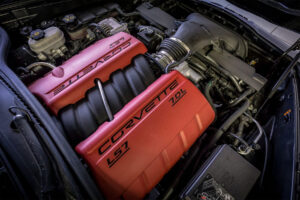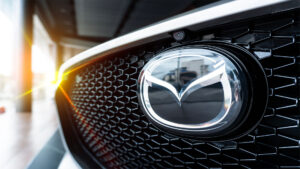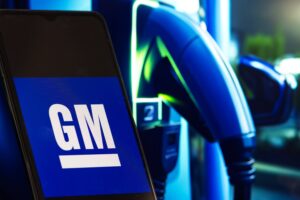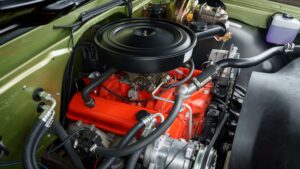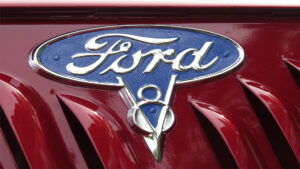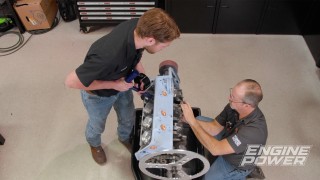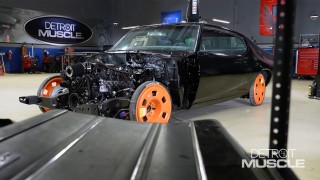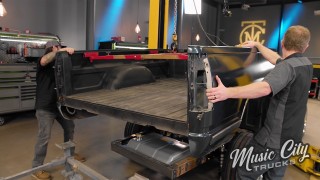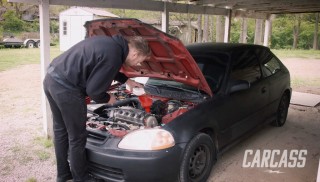BMW Roars Forward, Boldly Refusing to Abandon the V8
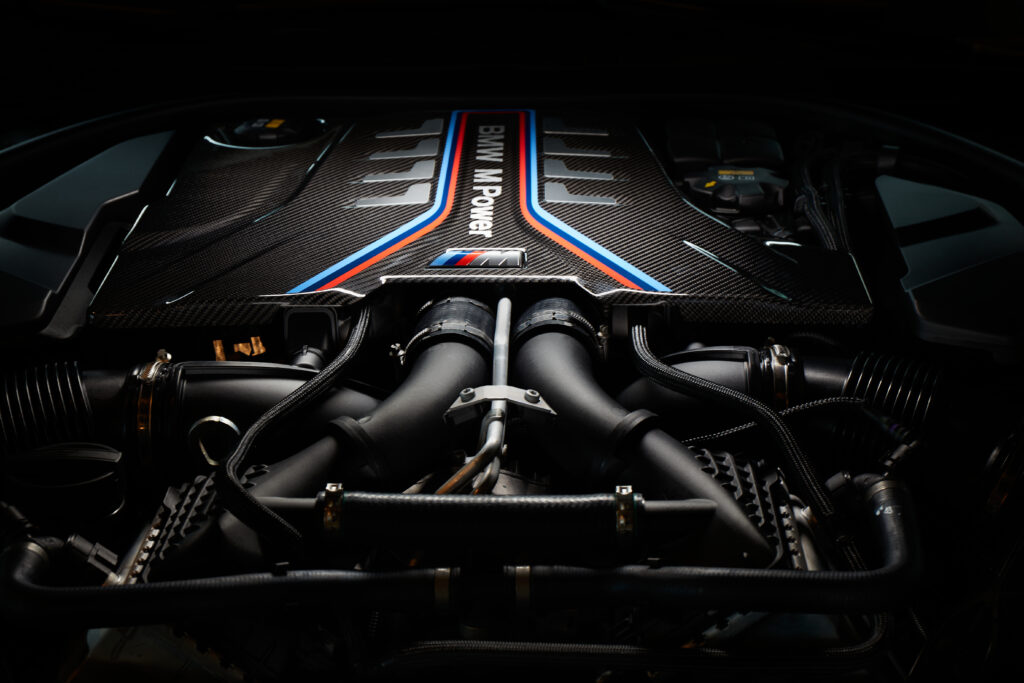
In a time when automakers are shifting toward electrification and downsizing engines to meet emissions regulations, BMW remains committed to the V8, especially in markets like the United States. While many manufacturers are moving away from large-displacement engines, BMW recognizes that for certain customers, nothing can replace the experience of a V8.
Table of Contents
The V8 Experience: More Than Just Numbers
The appeal of a V8 engine extends far beyond raw performance figures. Sure, modern inline-six hybrids can match or even surpass a V8 in horsepower and acceleration, but there’s something visceral about a naturally aspirated or turbocharged eight-cylinder engine. It’s about the sound—the deep, throaty rumble that signals power and presence. It’s about the effortless torque delivery that gives the driver confidence on the road. And it’s about the emotional connection that car enthusiasts have with a true performance engine.
BMW understands that driving is more than just getting from point A to point B; it’s about the experience. The smoothness, the responsiveness, and the sheer thrill of a V8 are things that a hybridized six-cylinder simply can’t replicate.
BMW’s V8 Lineup: Built for Enthusiasts
BMW continues to offer a strong lineup of V8-powered models in the U.S., including high-performance sedans and SUVs. The current 4.4-liter twin-turbocharged V8, used in models like the M5, M8, X5 M, and X7 M60i, features mild-hybrid technology to enhance efficiency while maintaining the raw power that enthusiasts demand. In select models, the V8 is paired with a plug-in hybrid system, delivering an optimal blend of performance and sustainability.
While some brands are replacing their V8s with smaller, turbocharged engines, BMW is keeping its commitment to those who crave the exhilarating sound and power of a V8. The company understands that in markets like the U.S., where performance vehicles have a strong following, eliminating the V8 would mean losing a core group of dedicated customers.
The Market Demands It
The American automotive landscape has always embraced big, powerful engines. From muscle cars to luxury performance sedans, the V8 has been a symbol of status and capability. While regulations in Europe and other regions are pushing automakers toward smaller, more fuel-efficient engines, the U.S. remains one of the last strongholds where V8-powered vehicles still thrive.
BMW’s decision to keep the V8 alive is a direct response to this demand. The company isn’t just following industry trends—it’s listening to what enthusiasts want. And for many American buyers, a turbocharged four-cylinder or hybridized six just won’t cut it when it comes to performance, sound, and overall driving enjoyment.
Balancing Tradition and Innovation
BMW is proving that it can balance tradition with modern advancements. The brand is investing heavily in electrification and hybrid technology, but it’s not willing to abandon what makes driving a BMW special. By keeping the V8 in its lineup, BMW ensures that driving enthusiasts still have access to the exhilarating performance they crave, while also preparing for a future where hybrid and electric powertrains will play a larger role.
The Future of BMW’s V8
As emissions regulations tighten and hybrid technology continues to evolve, the V8 may eventually see further electrification. But for now, BMW is making it clear that the eight-cylinder engine isn’t going anywhere—at least not in the markets where it matters most.
For those who love the sound, the feel, and the sheer power of a V8, BMW’s commitment is a refreshing stance in an industry that’s rapidly changing. While the world moves toward smaller engines and electric drivetrains, BMW is making sure that the thrill of a high-performance V8 remains part of its DNA.
